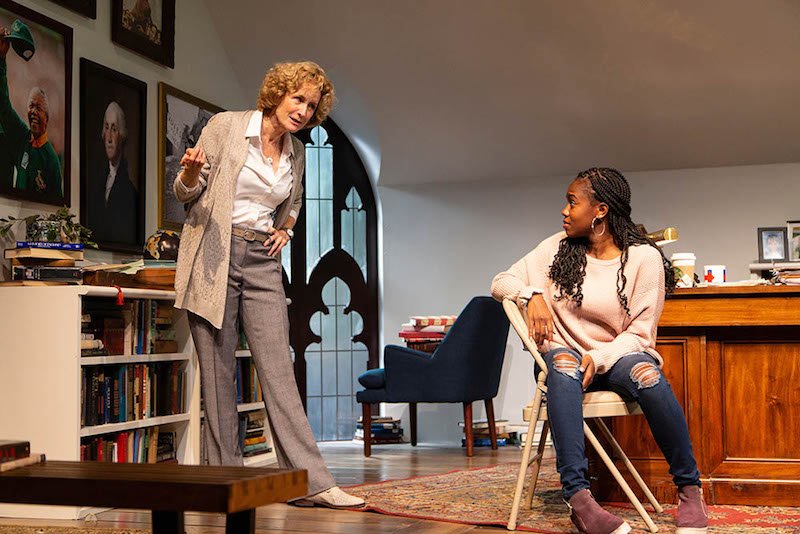
The Niceties HTC 8-18 021
The Niceties, by Eleanor Burgess, directed by Kimberly Senior. Huntington Theatre Company 8/30/18
Lighting Design: D.M.Wood
Costume Design: Kara Harmon
Set Design: Cameron Anderson
Photo Credit: T Charles Erickson
© T Charles Erickson Photography
tcepix@comcast.net


